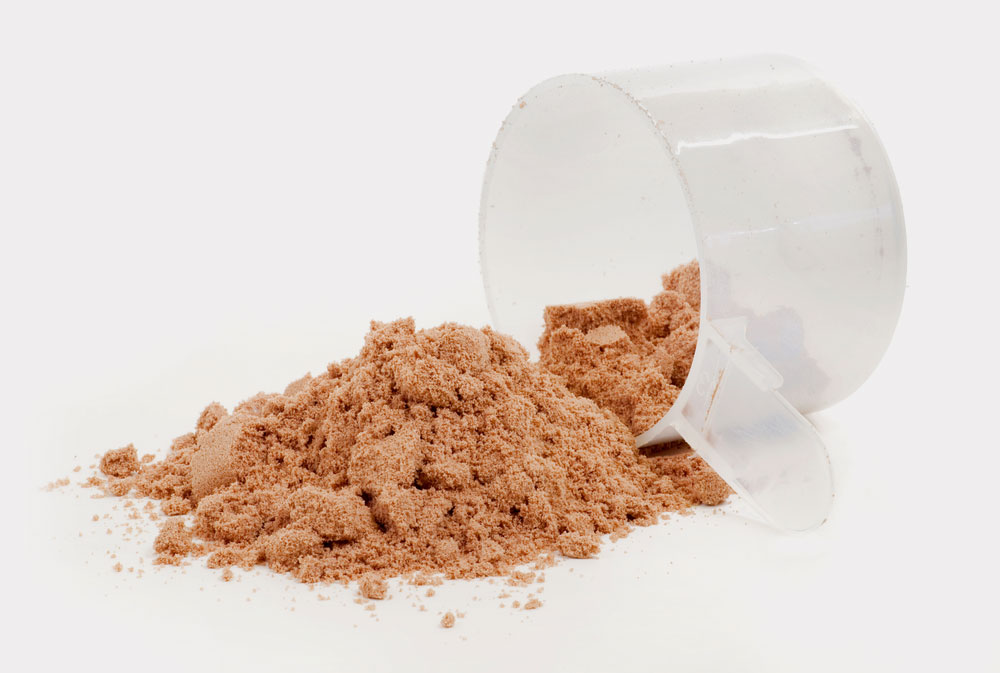Food Diary Helps Weight Loss
Sunday, 2 August 2009, 15:04 • 5253 เข้าชมแล้ว
From Time Magazine August 2008:
Two nights ago, I had a handful of M&M's. In fact, I can tell you I ate seven of the peanut kind, which is my favorite. Under normal circumstances, I would've simply grabbed a bunch, mindlessly eaten them while talking to a colleague and forgotten them entirely.
Instead, I know the specific number I ate because I am keeping a food diary. I write down everything I consume, with great detail. I had a single packet of ketchup with my eggs the other morning and 4 oz. (113 g) of green-tea-flavored frozen yogurt with my daughter two days before that. I started the diary because I wanted to test the striking new results of a paper published in the August issue of American Journal of Preventive Medicine.
Scientists at several clinical-research centers in the U.S. found that dieters who kept a food diary lost twice as much weight as those who didn't.
The study tracked nearly 1,700 overweight or obese adults across the country who were at least 25 years old. Men and women were included, and 44% of the group was African American. All participants were encouraged to use such weight-loss maintenance strategies as calorie restriction, weekly group sessions and moderately intensive exercise as well as to keep a food journal. The senior investigator, Victor Stevens of Kaiser Permanente Center for Health Research in Portland, Ore., told me that "hands down, the most successful weight-loss method was keeping a record of what you eat." In the six-month study, participants who kept a food journal six or seven days a week lost an average of 18 lb. (8 kg), compared with an average of 9 lb. (4 kg) lost by non-diary keepers.
Of course, as you might guess, "it's not just writing it down that counts," Stevens says. It is also about using that record to identify eating habits that need to be modified. While most people think they know what they eat, they really have only a general idea and tend to have selective memory, especially when it comes to the foods that aren't so good for us. With a detailed food diary, you can see where those extra calories are coming from.
As soon as I started writing down all the foods I was eating, I wondered exactly how many calories I was consuming. I found a terrific site called the Daily Plate at livestrong.com. It not only lets you accurately count calories but also helps you find people with eating habits similar to your own. A virtual cheerleading squad could help motivate you to stay away from that bag of M&M's, or whatever food weaknesses you may have.
While keeping a food diary works, it's best to do so in conjunction with regular exercise. Losing just 10 lb. (4.5 kg) can help control high blood pressure and reduce your risk of diabetes, heart disease and stroke. Drop a few pounds, and you might get an immediate thank-you from your knees and other joints. It is also likely that your sleep will improve, as will your energy levels.
There is another part of the food-diary experiment that really seems to be working for me. In addition to being honest and diligent about the diary, I am showing everything in my diet diary—down to the last morsel—to my wife. Stevens says it's all about accountability. You may have been thinking about eating that extra cookie, he says, "but you didn't want it to show up on the diary at the end of the day." Tonight, we are eating 6 oz. (170 g) of grilled tilapia with steamed broccoli and a handful of steamed brown rice. I originally thought we were going to have steak tonight, but my wife got hold of my food diary. And, yes, she saw those M&M's.
Two nights ago, I had a handful of M&M's. In fact, I can tell you I ate seven of the peanut kind, which is my favorite. Under normal circumstances, I would've simply grabbed a bunch, mindlessly eaten them while talking to a colleague and forgotten them entirely.
Instead, I know the specific number I ate because I am keeping a food diary. I write down everything I consume, with great detail. I had a single packet of ketchup with my eggs the other morning and 4 oz. (113 g) of green-tea-flavored frozen yogurt with my daughter two days before that. I started the diary because I wanted to test the striking new results of a paper published in the August issue of American Journal of Preventive Medicine.
Scientists at several clinical-research centers in the U.S. found that dieters who kept a food diary lost twice as much weight as those who didn't.
The study tracked nearly 1,700 overweight or obese adults across the country who were at least 25 years old. Men and women were included, and 44% of the group was African American. All participants were encouraged to use such weight-loss maintenance strategies as calorie restriction, weekly group sessions and moderately intensive exercise as well as to keep a food journal. The senior investigator, Victor Stevens of Kaiser Permanente Center for Health Research in Portland, Ore., told me that "hands down, the most successful weight-loss method was keeping a record of what you eat." In the six-month study, participants who kept a food journal six or seven days a week lost an average of 18 lb. (8 kg), compared with an average of 9 lb. (4 kg) lost by non-diary keepers.
Of course, as you might guess, "it's not just writing it down that counts," Stevens says. It is also about using that record to identify eating habits that need to be modified. While most people think they know what they eat, they really have only a general idea and tend to have selective memory, especially when it comes to the foods that aren't so good for us. With a detailed food diary, you can see where those extra calories are coming from.
As soon as I started writing down all the foods I was eating, I wondered exactly how many calories I was consuming. I found a terrific site called the Daily Plate at livestrong.com. It not only lets you accurately count calories but also helps you find people with eating habits similar to your own. A virtual cheerleading squad could help motivate you to stay away from that bag of M&M's, or whatever food weaknesses you may have.
While keeping a food diary works, it's best to do so in conjunction with regular exercise. Losing just 10 lb. (4.5 kg) can help control high blood pressure and reduce your risk of diabetes, heart disease and stroke. Drop a few pounds, and you might get an immediate thank-you from your knees and other joints. It is also likely that your sleep will improve, as will your energy levels.
There is another part of the food-diary experiment that really seems to be working for me. In addition to being honest and diligent about the diary, I am showing everything in my diet diary—down to the last morsel—to my wife. Stevens says it's all about accountability. You may have been thinking about eating that extra cookie, he says, "but you didn't want it to show up on the diary at the end of the day." Tonight, we are eating 6 oz. (170 g) of grilled tilapia with steamed broccoli and a handful of steamed brown rice. I originally thought we were going to have steak tonight, but my wife got hold of my food diary. And, yes, she saw those M&M's.





